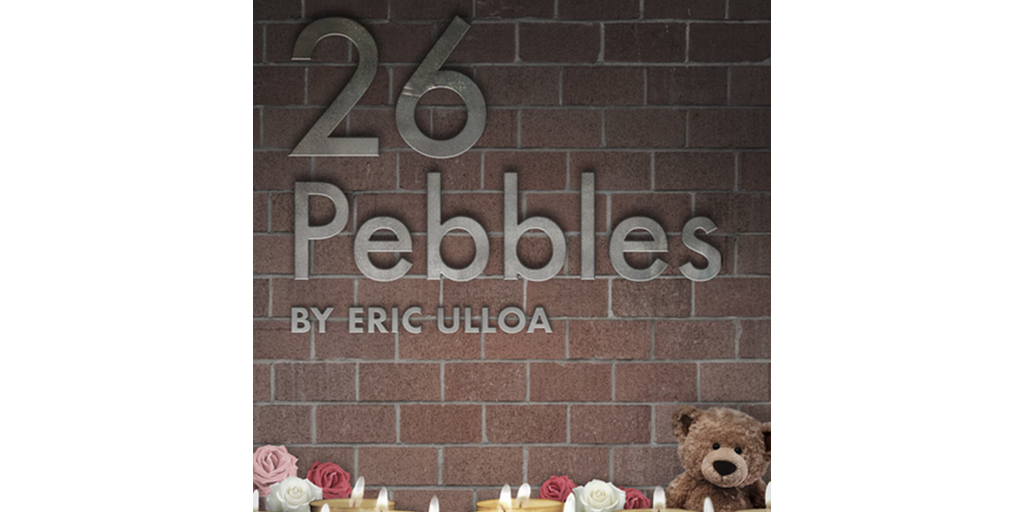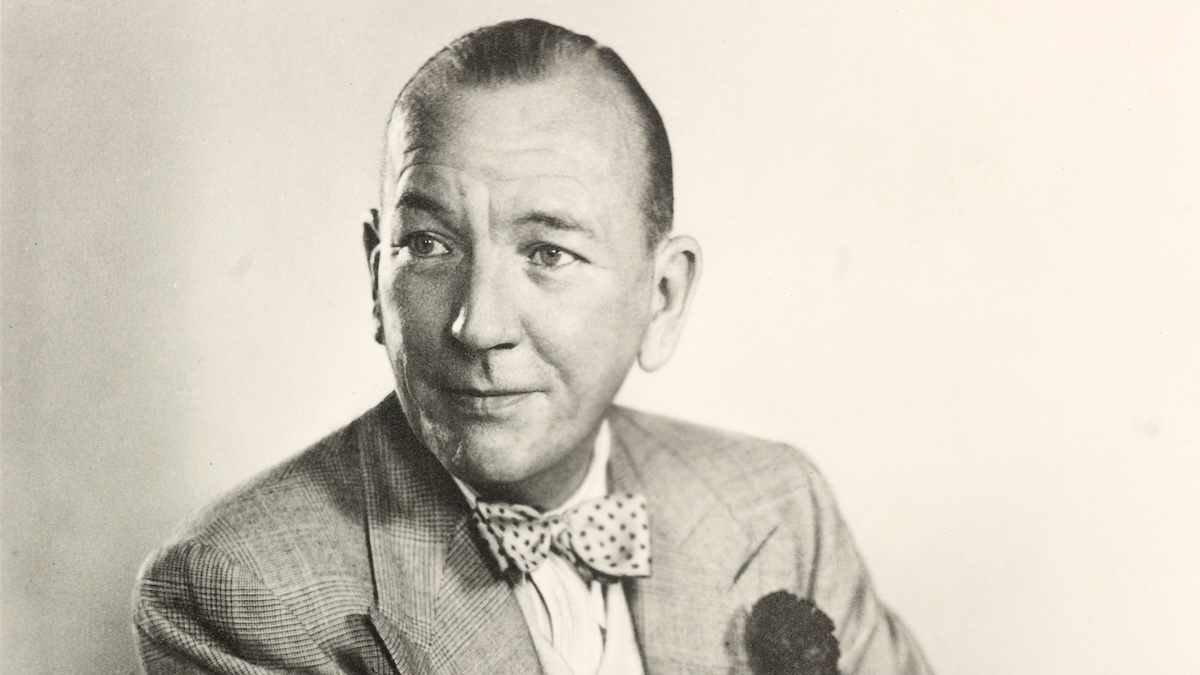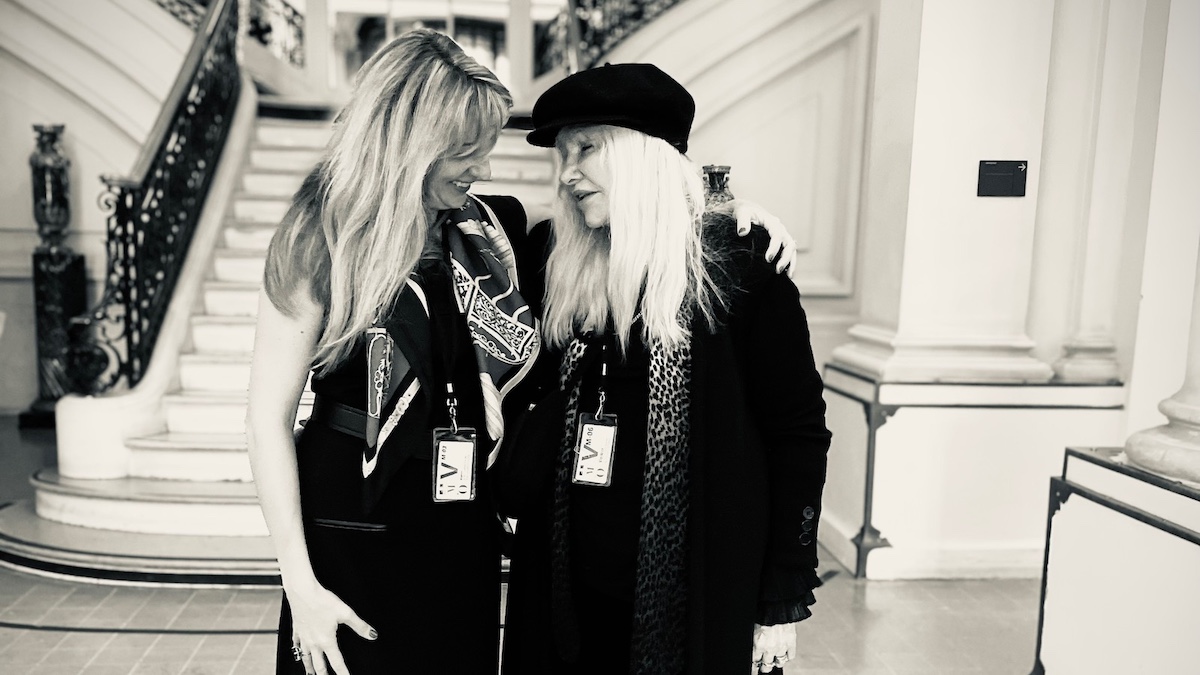
“Thank you for everything you have done for the OUAC, our community, and to continue showing all of us that art is a critical part of our healing.” – Felipe Rodriguez, Orlando United Assistance Center and Pulse Trauma Expert
I live in Orlando, Florida. When former student, Eric Ulloa, contacted me and said, “I’ve written a play about the Sandy Hook Elementary shooting called 26 Pebbles (US/UK),” I knew Orlando had to see it. Twenty-six lives lost at Sandy Hook; forty-nine at Pulse. I knew there was a powerful conversation to be had between these two communities. Three days before our production of 26 Pebbles opened, the Las Vegas shooting occurred. There is a necessary conversation that needs to take place about gun violence and recovery in every household in America. Similar in style to The Laramie Project, 26 Pebbles is a eulogy for anyone who has been impacted by a tragedy. It is also a template that teaches us how a community can heal. Finally, it is a piece about the spirit of humanity.
I learned that when dealing with documentary theatre like 26 Pebbles, I needed to be aware that what I had in my hands was more than a play. Although the play is about surviving gun violence, my discussion with a national trauma expert taught me that this kind of play can trigger trauma of any kind and that few people come to this kind of experience to see the show only. I knew we would have audience members who were familiar with the subject and curious as to how the production would tell the story. I knew there might be people who would come to learn more about personal responsibility for the social problem. But most importantly because of Pulse, we had people who were still in trauma mode, who needed more help with healing. People who needed to be reminded they were not alone. I had a responsibility to think beyond the performance. I decided that when paired with a community forum, 26 Pebbles was an effective tool for activism. The key was to design a communal experience. The script was the anchor for a sequence of activities that would prompt assessment and motivate change.
The following is a summary of our pre-show and post-show events developed to engage the audience beyond the performance of 26 Pebbles. These events also proved to be a productive audience builder as the play was a late addition to our season. I hope you find this perspective useful when producing this play or other documentary theatre.
Contact a Local Trauma Center
A play like 26 Pebbles is designed to look directly at the tragedy. There is an opportunity to partner with experts in trauma recovery to understand what trauma victims need. Months before we started rehearsal, I met with Felipe Rodriguez and Joel Morales from the Orlando United Assistance Center. The Center was established to support the survivors of the Pulse shooting. Both Rodriguez and Morales stated that Orlando needed more education on recovery. They were grateful for the activities and support directly after the tragedy, but a year later, they had seen public interest dwindle. They had been searching for ways to rekindle public support. They saw 26 Pebbles as a fresh way to address that need. They agreed to be part of a pre-show talk that would focus on mental health and survival resources that are now available to members of the Pulse community and other trauma victims.
I also contacted our very visible and active UCF Victim Services program. Most universities and colleges have some sort of victim services organization on their campus that is happy to partner with a community experience as a way of generating awareness. They offered to provide staff members who were trained to handle the emotional triggers that might occur during the production. This service was vital after the Las Vegas shooting. They also suggested providing an additional room in the building during the performance called a “safe space.” This is a designated place people can go if they need to leave the performance.
“I did something last night I haven’t done in a long time: attended a play. I saw 26 Pebbles at Orlando Rep… Very powerful!” – Audience Member
Host A Community Forum
This event should not focus on the performance, but should be designed to discuss the issues raised in the play. I did not have a Sandy Hook representative attend the forum in person. However, I was fortunate enough to Skype in Po Murray, Chairman of Newtown Action Alliance and a Newtown Foundation Representative. Although Murray’s children were not harmed in the tragedy, she became enraged when she learned the Sandy Hook shooter was her neighbor. Dedicated to reversing the escalating gun violence epidemic through the introduction of smarter and safer gun laws, Murray shared specific ways to get involved on a local level. She ended her talk by insisting that we “take out our phones and plug in 202-224-3121 – the Congressional Hotline number.” She insisted it is a number we need at our fingertips at all times.
Dr. Deborah Beidel stated, “it’s not easy to ask for help when you are the helper.” Beidel has been working with the first responders of the Pulse shooting. UCF Restores works with first responders to fight PTSD, Pulse flashbacks and feelings of guilt. A group that feels they are not as entitled to therapy as the actual victims, first responders often suffer in silence putting them at great risk for depression and suicide.
Although this was a successful event it would have been more effective to not have the actors in the show attend the forum. Some audience members were tempted to ask the actors about their performance and experience with the play. This can leave the speakers a bit restless as one: they might not have attended the performance, and two: experts work to raise awareness – and, in some cases, funding – for their organizations, so they are often donating their time.
“I became engaged in the show as soon as I entered the lobby. It made me ready for the show.” – Audience Member
Audience Centered Interactive Lobby Displays and Experiences
Once it was announced that 26 Pebbles was part of the season, I was approached by a graduate student who wanted to use this play as a pilot case for her thesis on interactive lobby displays and experiences. This proved to be a wonderful addition to the entire experience. Of course, lobby displays are not new, but lobby experiences are becoming more an area of interest for theatres. Graduate students Julie Woods Robinson and K
ate Kilpatrick designed the space to mirror the town hall setting in 26 Pebbles.
One of the major points of interest was the “Citizen of Month” booth. This is set up to give the audience an opportunity to do a private or small group interview with someone who is extremely familiar with the play; who can answer specific questions about the real tragedy as well as the script. It can be the director, the dramaturge or a local expert. As Ulloa is an alum of UCF, we were fortunate to have him available as the citizen of the month before the show and for an opening night talk back. This proved to be a very popular event as it gave those audience members a personal experience with our playwright.
Several events were created to promote audience interaction and input. First, we featured a community art project where the audience added to a drawing when prompted with the question, “What does healing look like?” Ours was available post-show, but it might be valuable to have it available before and after to allow them to see the shift. It might also be helpful have the actors to start the drawing before opening night to make it even more enticing for the audience. The “Ballot Box” and a “Community Building Activity” were also popular as they both encouraged audience interaction and input. We asked the audience, “What is one word you would use to describe your community?” We placed their answer in the ballot box. The community building activity gave audience members the opportunity to brainstorm together. Giving them materials like construction paper and play dough, we asked them to work together to build some sort of figure that represents the city. Both of these activities are useful as the words and ideas from the audience can provide excellent prompts for a post-show discussion. There was also a section in the lobby devoted to material from the Orlando United Assistance Center and Victim Services.
The playwright mentioned that he hoped audiences would recognize the people of Newtown in their own communities. The lobby activities not only helped the audience walk into the show feeling more connected to the production, they reminded Orlando that we have much more work to do for ourselves and for the nation.
Final Thoughts
“Bringing this important work to the stage was a gift to us all, and extremely motivating for those of us who feel the pain that our lack of gun control in this country has wrought. Seeing this show truly moved me to discover where and how I can do more to end this scourge on our nation.” – Audience Member
26 Pebbles is a wonderfully simple piece that looks at tragedy and trauma from all sides. Ulloa states, “It shows Americans at their absolute best when handed the absolute worst.” He said he wrote the play because this horrific event happened, and the world just kept on turning. Sick of the complacency, he had to do something. He said he prays for the day when this play becomes culturally irrelevant. 26 Pebbles received its title when Ulloa heard someone in Newtown say, “When you throw a pebble into a pond, it has a reverberation across the entire pond.” I am proud that our production, our discussions, and communal experience of this play was part of that reverberation.
Learn more about 26 Pebbles at Concord Theatricals in the US or UK.

Noël Coward’s Travels

Kate Chopin in New Orleans: Mother-Daughter Author Duo Collaborate on Historical Book

